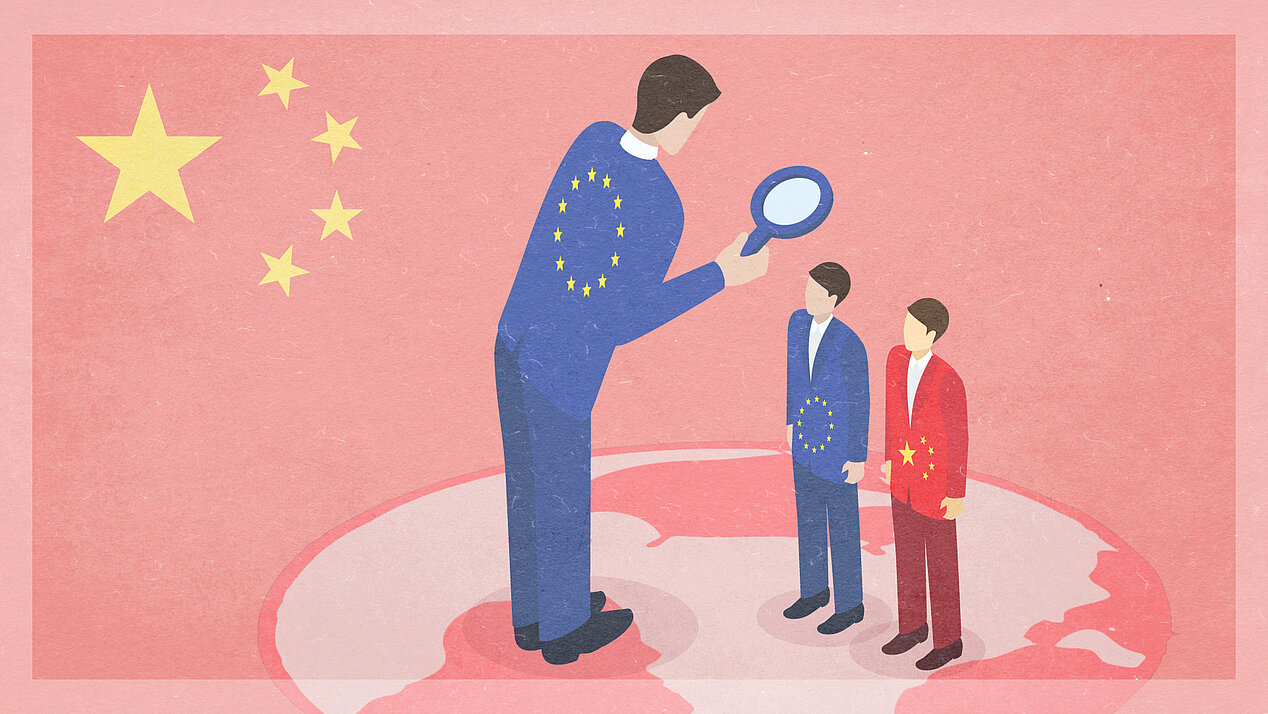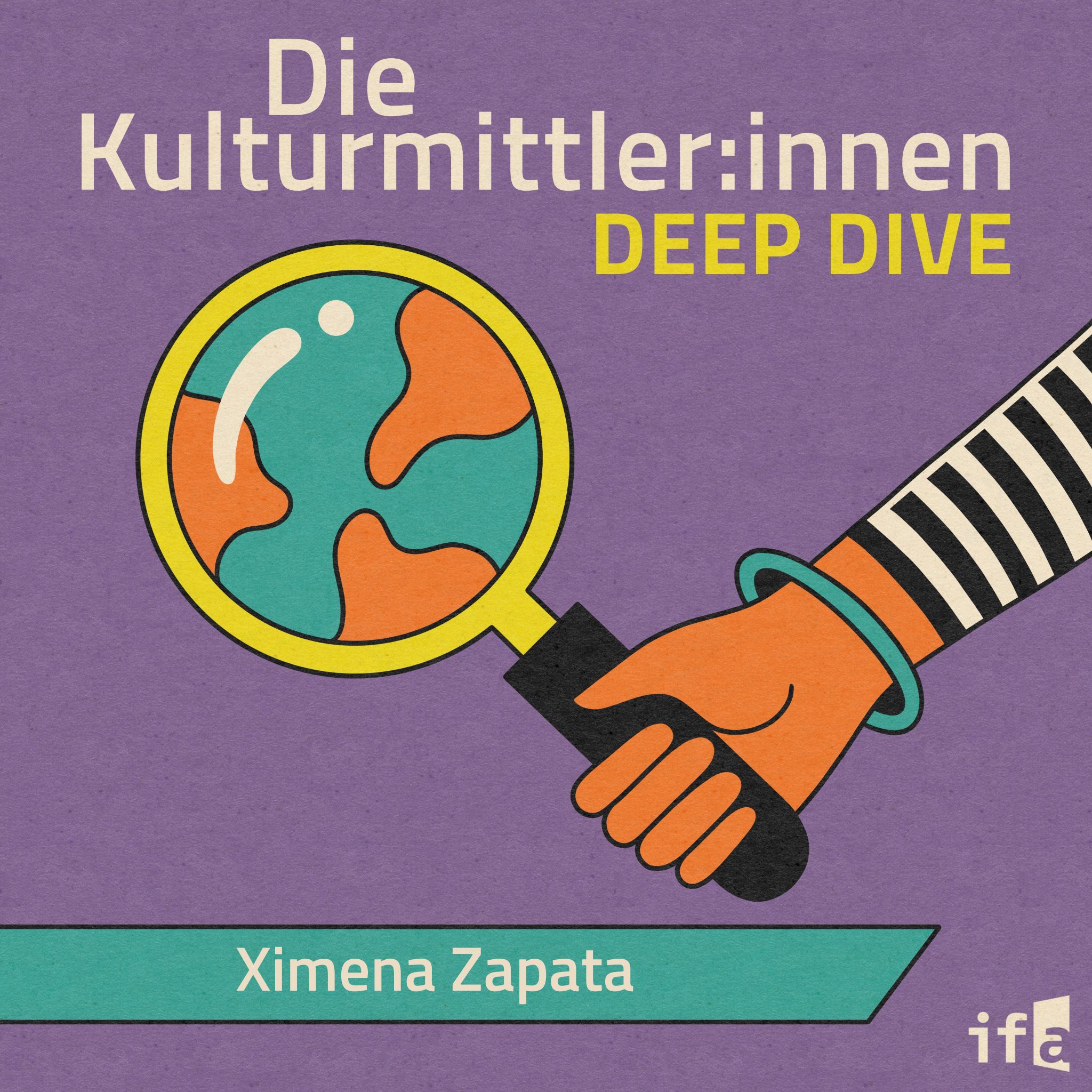Lack of understanding of other cultures of course stems from lack of knowledge, but the reason for this knowledge gap may quite simply be due to excessively insular thinking. There is no sense of needing to open up and understand something “different”. After all, all the trouble stems from out there, whether it’s China, Iran, Afghanistan or Iraq. Compared to these trouble spots, Europe seems to be as comfortable as it has always been, or at least it seems to be peaceful and intact, which is enough to satisfy the prevailing feeling of cultural superiority. And history itself seems to support this feeling, which has dominated Europe since the Renaissance.
The idea of the universal validity of European thought has its roots in the Enlightenment, and the same is true of the political system of democracy and its effects on legislation and freedom of speech. The poverty of the socialist states during the time of East-West conflict served to bolster the West’s feeling of superiority, and of course the end of the Cold War was hailed as a victory for Western civilisation. The tragedy of the 9/11 attacks was turned into a comedy by the annihilation of Saddam Hussein and Bin Laden.
And all the recent changes in the Middle East just seem to provide further proof that the world is turning towards the European model. Europe remains the centre of the universe, history continues to unfold around the axis of its value system and hence the future still lies in the hands of the old continent. This is a comforting picture, but I would like to remind you that the Chinese have held this same view of history for the last two thousand years.
They allowed their emotions to run away with them, shouted nihilistic slogans demanding total westernisation, forged their own kind of revolution and fell head-over-heels into the darkest dictatorship of their history.
The biggest difference between Chinese history and Mediterranean history is the fact that Chinese culture has had to face far fewer challenges. Unlike the situation in the “First World”, before the opium wars Chinese culture was allowed to blossom largely undisturbed and without outside influences (apart from a few attempts at conquest made by nomadic peoples, which always ended up with them being assimilated into Chinese culture). This resulted in a “Middle Kingdom” which became increasingly complacent and conservative.
The Chinese cultural system became a rusty spring which had lost its ability to bounce back in the face of new challenges from the outside world. Then the Europeans came along with their own culture (and military might) and pushed down on the spring until the Chinese suddenly found themselves catapulted out of their position of self-confidence into a condition of extreme self-doubt. They allowed their emotions to run away with them, shouted nihilistic slogans demanding total westernisation, forged their own kind of revolution and fell head-over-heels into the darkest dictatorship of their history.
Meanwhile, in European history, or more precisely Mediterranean history, cultures were constantly converging and separating: from ancient Egypt to the Greek, Roman, Byzantine and Ottoman Empires, from Napoleon to the Russian tsars and foreign conquerors such as Attila or Genghis Khan. Each clash forced Europe to redefine and reconsolidate its own position. The only constants in the European tradition was provided by the constant stimuli and challenges coming from outside. But then the Renaissance came along, bringing with it individual thinkers who asked the question “What is Europe?” Europe’s diverging cultures sought and found a common denominator; Europe was a success. But my question is: will this success story continue to unfold?









